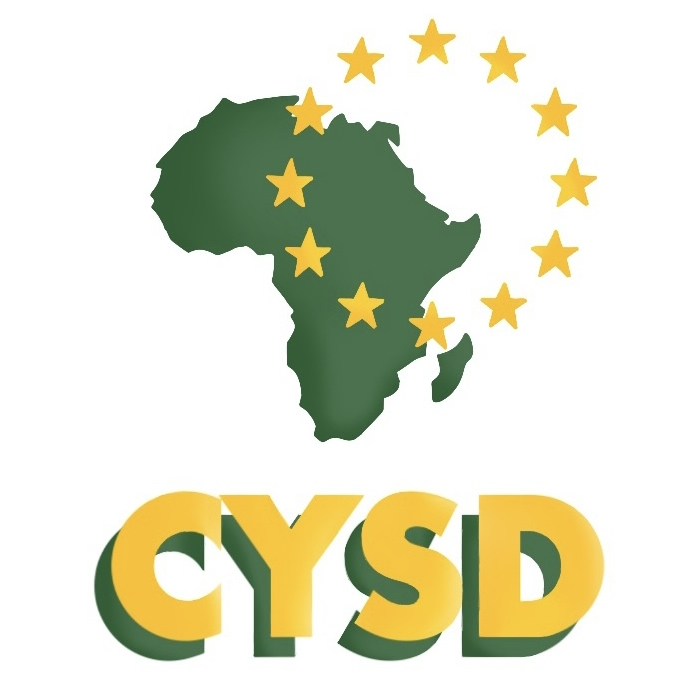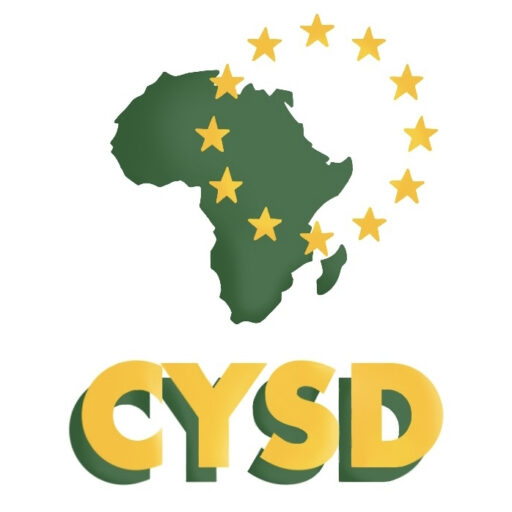Area
Economic
Summary (description and reason to be)
The Ghana Peri-Urban Vegetable Value Chain Project (GPVVCP) is a subsidiary project under GCAP being funded by a grant of US$2.85 million from the Japan Social Development Fund (JSDF) through a Trust Fund Arrangement with the world Bank. The project has followed up on a request from a vegetable farmers association in the Asokwa Municipal Assembly of the Ashanti Region.
The project is being implemented by the Ministry of Food and Agriculture (MOFA) through its Directorate of crop services (DCS) with management support and project coordination from the Ghana Commercial Agriculture Project (GCAP), and technical support on irrigation from the Ghana Irrigation Development Authority (GIDA). The significant of this project will help enrich the nutritious content of the foodstuffs we farm in Ghana, as vegetable produce will be abundant in the market, hence, increasing balance diet options for the proper development and growth of human beings with emphasis on children at large.
Target: Vulnerable Group (VG) and/or type of community
The main target groups are smallholder vegetable producers in urban and per-urban satellite communities listed below:
| COMMUNITY | DISTRICT | REGION |
| Michael Camp | Kpone Kamanso | Greater |
| Angorsikope | Dangbe Eeast | Accra |
| Hipko | South Tongu | Volta |
Application setting: context
The project is organized into four components to address specific aspects of vegetable production to meet the project development objectives.
Objectives
Broad Objective
The project broad objective is closely linked to the Government of Ghana’s strategy for poverty reduction, improving food security by increasing production and market access for vegetable, both for domestic consumption and exports. It is also linked to the USDF objective as it seeks to empower and improve the lives of the poorest and most Broad vulnerable groups, and anchored on the World Bank Group Country Partnership Strategy which supports the Ghana Shared Growth and Development Agenda (GSGDA and the government agenda for prosperity
Specific Objectives
• To improve on the productivity and access to market by the beneficiary farmers;
• To promote water harvesting and small-scale irrigation schemes to facilitate on all year-round vegetable production and consumption;
• To develop capacity and provide support for enable the resource poor farmers improve productivity and the quality of their produce, and reduce post-harvest losses through the institution of efficient post-harvest mechanisms and the facilitation of access to high value markets to ensure appreciable income levels for the farmers.
Requirements
To be eligible to benefit for this project:
• You must be a vegetable crop farmer in the urban or per-urban satellite community within the implemented region of the project;
• You must belong to the vegetable association within the satellite community.
Performance procedures
The project would prioritise all activities necessary to ensure that the project perform well and implemented in accordance with the project implementation manual.
It would be implemented jointly by the Directorate of Crop Service (DCS) of MOFA, and the Ghana Commercial Agriculture Project (GCAP).
The contractor has cleared the sides of the existing earth canal dug by the farmers and excavated a new canal path and started lining the canal with concrete.
The contractor excavated a temporary canal to provide water for the farmers while they worked on the main canal. Trenches have also been dug for the laying of pipes for provision of water to the uplands.
The project engineers have also inspected the dam wall and identified trees that need to be removed to preserve the integrity of the dam wall and success of the project.
GCAP will leverage on the expertise of its Project Implementation Unit to provide management and project coordination in accordance with World Bank guidelines.
The project will consider the various expertise from the Project management department, Monitoring & Evaluation, and Knowledge Management unit to track the progress and full development of the activities with reference of the data gathered.
Activities
Representatives from Asokwa Municipal Assembly together with some staff from MOFA has undertaken inspection-visit and proposes the following activities:
• Construction of the cleaning shed and washrooms;
• Linkage to a Productive Partnership Entrepreneur (PPE).
Results
The project results or outcome is expected to meet the following targets at the end of the project implementation:
i. At least 30% improvement in the yield levels of vegetable crops cultivated by small-holder farmers;
ii. At least 20% increase in marketed sales through improved access to high value markets;
iii. At least 20% increment in the income levels of farmers cultivating vegetables under the project;
iv. At least 20% reduction of vegetable post-harvest losses among the participating farmers;
v. Nine hundred (900) direct beneficiary vegetable producers and other value chain actors (at least 40% of which are women).
Strengths
• Irrigation helps to preserves the structure of the topsoil;
• Irrigation helps to improve the yielding and quality crops;
• Canal and irrigation water seeps through the soil and elevates the water table;
• Government is providing ready market for the farm produce.
Weaknesses
• Difficulty in harvesting clean and sufficient water for watering the vegetable crops;
• Inadequate storage facility, and lack of standard irrigated farms for farmers;
• The overflowing irrigated water gives insects a place to make their habitat which is harmful to surroundings giving rise to various diseases.
Difficulties or constrains for its implementation
• Urbanization challenge;
• Sanitation, water quality and irrigation complexities.
CRITERIA actors or stakeholder are using to assess it as a “good practice”
The actors involved in the Ghana Peri-Urban Vegetables Value Chain Project (GPVVCP) are expertise and most of them are very influential in terms of decision making in the project implemented region or communities. The Direct Stakeholders who are fully participating in the project development directs all activities to fulfil the project aspiration, goals, its objectives and the gaps identified to address or mitigate poverty in the Region. The actors who are collectively involved affirm that the project is a good project as it would provide income for the people in the region and thereby reduce poverty and also enhance vegetable production in the country at large.
Year and length (duration)
The project has a lifespan of five years (5), from (2018-2022).

